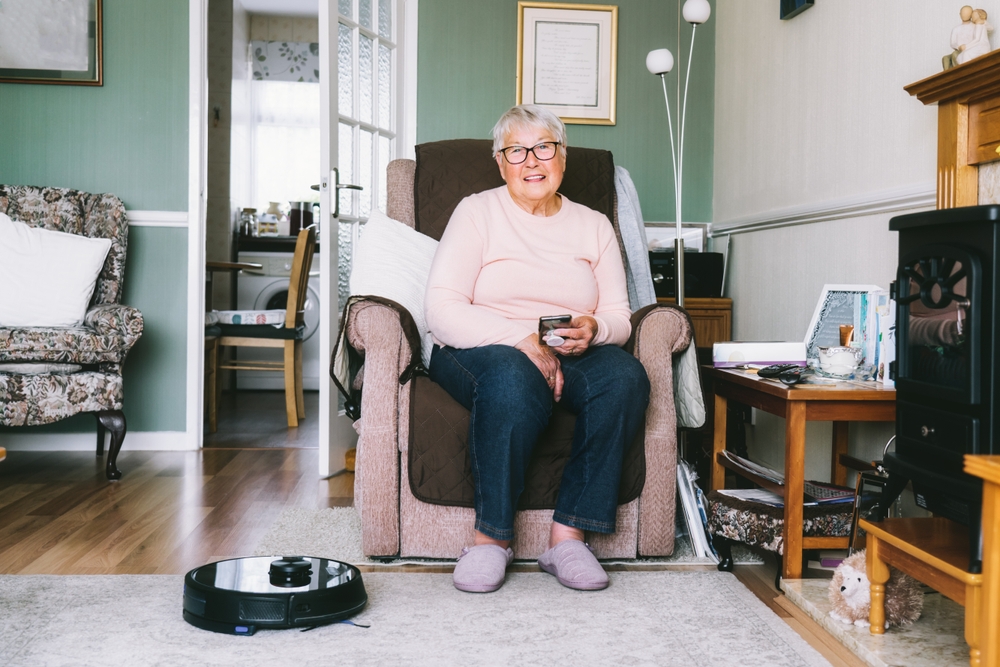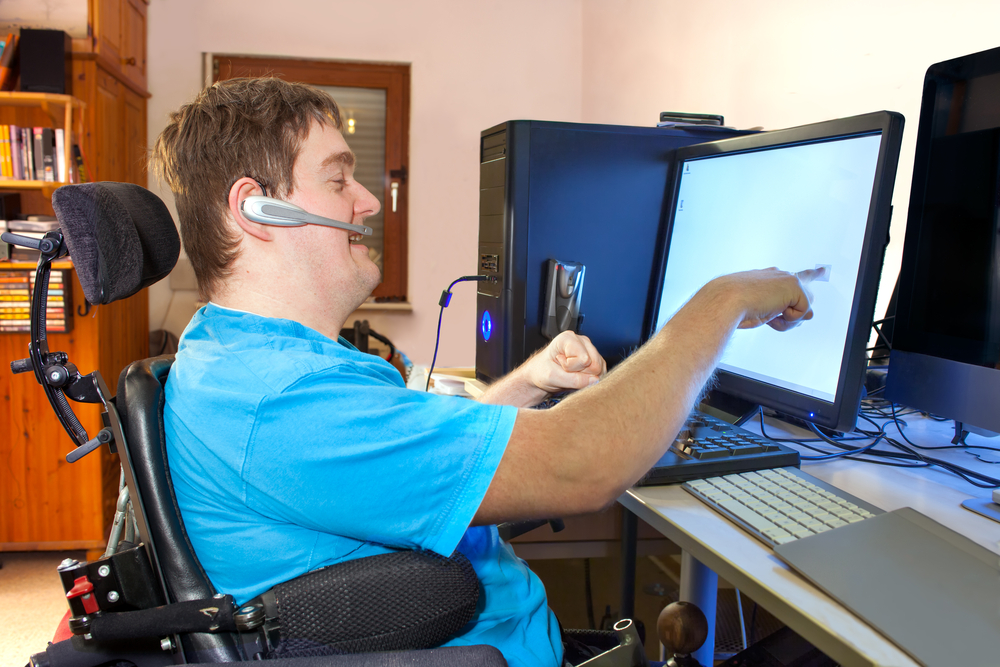Make an Appointment
Feeling anxious is something everyone experiences. A new challenge, an unfamiliar place, or a difficult conversation can trigger that “butterflies in the stomach” feeling. In small doses, anxiety can be helpful because it keeps you alert and focused on what matters.
But when fear starts to take over, stopping you from going out, meeting people, or doing things you enjoy, it can develop into a serious mental health condition. Anxiety disorders affect around one in four Australians during their lifetime, with higher rates in some minority groups.
The important thing to remember is that you are not alone. Anxiety is common, and effective support is available. Occupational therapy offers practical, personalised ways to manage anxiety and regain control of daily life.
This guide explores what anxiety disorders look like, how occupational therapy can help, and why it is an empowering approach for both adults and children.

Understanding Anxiety Disorders
Before we explore how occupational therapy helps, let’s look at what anxiety actually is and how it becomes a problem.
When Does Anxiety Become a Disorder?
Anxiety is a normal emotion. It’s how your body reacts to stress and can be useful in keeping you safe. However, anxiety becomes a disorder when the worry is persistent, overwhelming, and interferes with everyday life.
Instead of helping you focus, anxiety disorders may:
- Stop you from attending social events
- Make you avoid activities you used to enjoy
- Trap you in constant “what if” thinking
- Lead to panic attacks or feelings of doom
People often become anxious about their own anxiety. They start worrying about why they feel this way, believing something is wrong with them, which only creates more stress and continues the cycle.
Common Symptoms of Anxiety
Anxiety can show up in different ways for each person. Some common symptoms include:
- Fast or racing heartbeat
- Shortness of breath or hyperventilation
- Excessive sweating
- Shaky or weak legs
- Difficulty sleeping or staying asleep
- Feelings of intense worry or fear of something bad happening
- Withdrawing from people and social situations
Social withdrawal is a major sign. Taking a short break from stressful situations can help, but cutting yourself off completely often leads to loneliness and can make anxiety worse.
Why Anxiety Feels So Overwhelming
Anxiety creates a chain of negative thoughts. A small worry can quickly snowball into imagining multiple worst-case scenarios. This constant fear can lead to panic attacks and avoidance behaviours.
It is important to remember that anxiety is not a personal failure. It is a recognised mental health condition that can be treated with professional support.
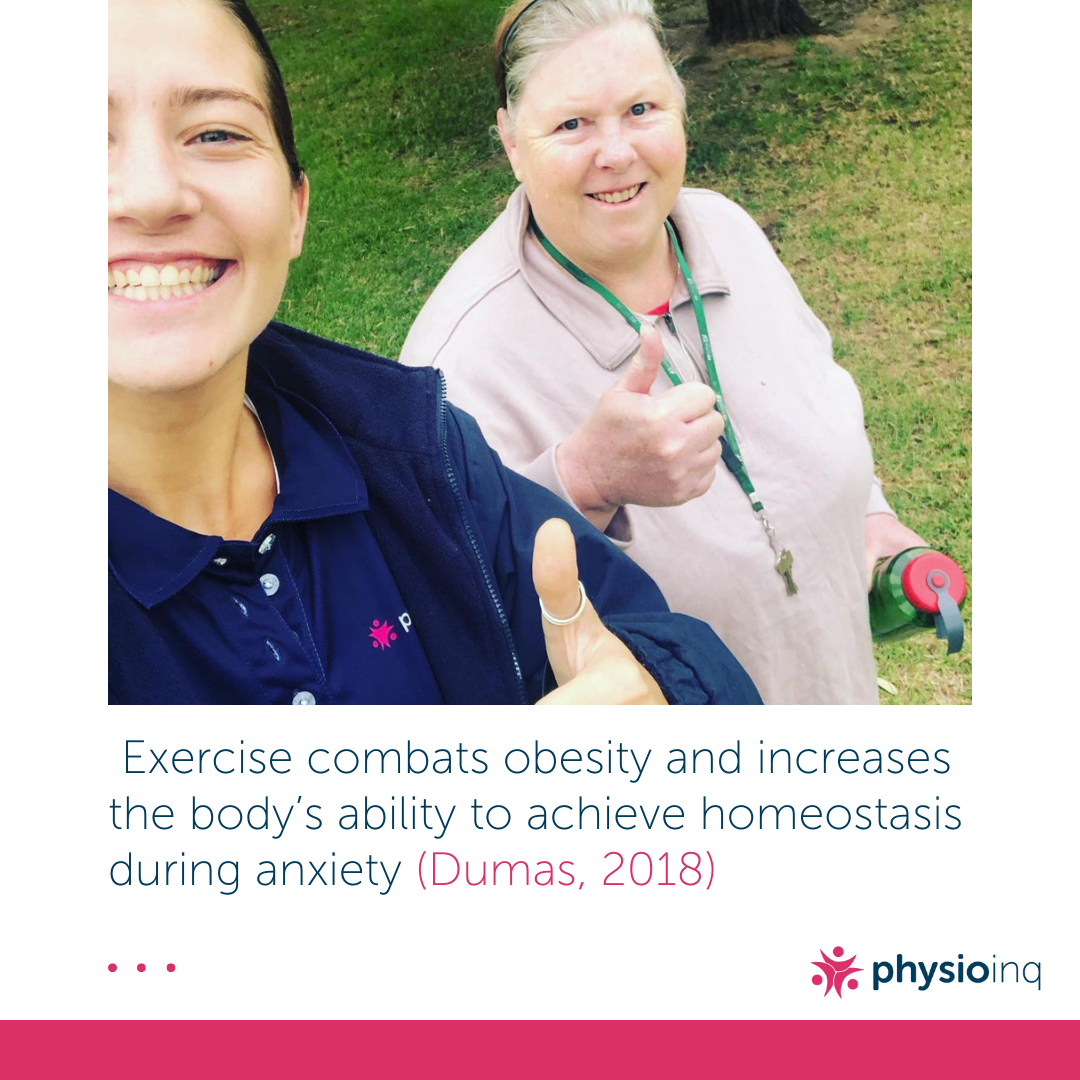
Coping Strategies for Anxiety and When to Seek Help
Everyone experiences anxiety differently, but there are simple coping strategies that can help in the moment.
Everyday Coping Tips for Anxiety
- Slow your breathing. Anxiety makes breathing shallow and fast. Slowing it down calms the body.
- Stay grounded in the present. Focus on what is happening right now rather than worrying about what could happen.
- Exercise regularly. Movement boosts endorphins and helps reduce stress.
- Improve sleep routines. Go to bed at the same time each night and avoid screens before bed.
- Try mindfulness or meditation. It helps stop racing thoughts and brings calm.
While these strategies can help reduce symptoms, they often are not enough on their own if anxiety is impacting your daily life.
When to See an Occupational Therapist
Occupational therapy can help when anxiety starts to affect your ability to:
- Keep up with work, school, or household routines
- Look after your personal care
- Maintain relationships or social connections
- Engage in hobbies or meaningful activities
An OT provides tailored, practical support that goes beyond general advice. They help you develop coping skills that fit your lifestyle and goals.
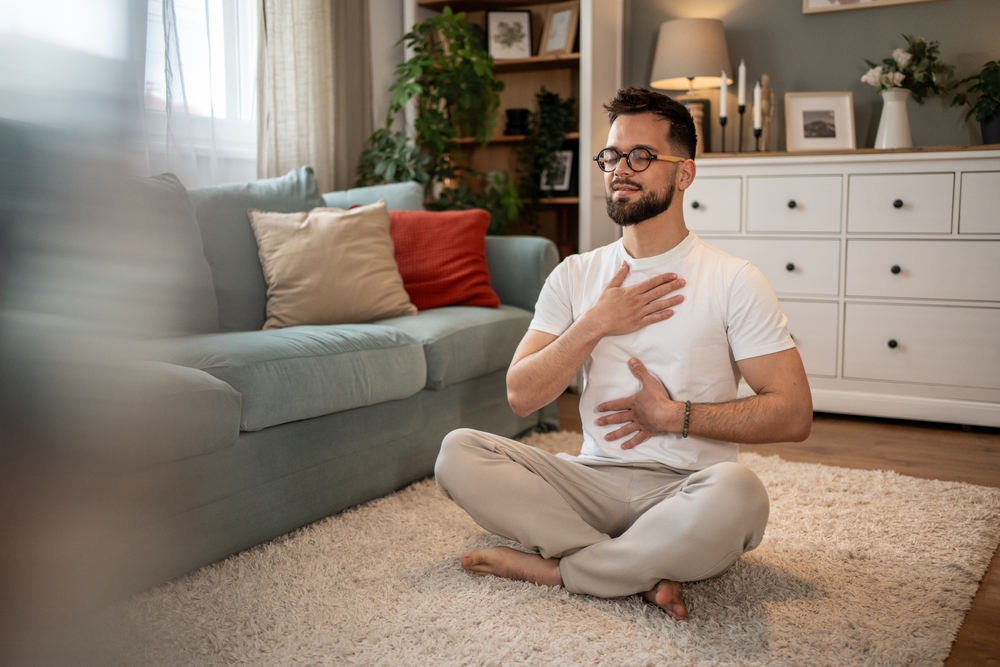
How Occupational Therapy Helps with Anxiety
Occupational therapy is about helping people participate in the activities that are most important to them. For anxiety, OTs focus on reducing the impact of worry and fear so you can regain independence and confidence in daily life.
What is Occupational Therapy?
Occupational therapy supports people to build skills and strategies for everyday living. For some, it is about adapting to physical challenges; for others, it is about managing mental health conditions like anxiety. An OT works closely with you to identify what matters most in your life, then creates a personalised plan to help you manage anxiety and reach your goals.
Can an OT Diagnose Anxiety?
Yes. Occupational therapists are trained to recognise and diagnose anxiety disorders. They look at:
- Patterns of excessive worry
- How anxiety affects daily routines
- Physical symptoms like insomnia, fatigue, or social withdrawal
They then develop a plan that suits your unique needs.
Common OT Approaches for Anxiety
Occupational therapists use a range of strategies, depending on each person’s situation.
Behavioural Therapy
This approach focuses on replacing unhelpful behaviours with healthier ones. For example, an OT may help you practise calm, logical responses to situations that usually trigger anxiety. Over time, you naturally adopt these new habits.
Humanistic Therapy
This therapy focuses on you as a whole person, recognising that everyone’s experience of anxiety is different. The OT helps you find meaning, purpose, and self-confidence in a way that feels personal and empowering.
Support Groups and Social Connection
OTs may recommend joining a support group. Talking with others who understand your experience can reduce isolation and create a sense of belonging. Support groups also provide routine and motivation to stay engaged.
Adapting Daily Routines
Occupational therapists also help restructure your daily life to make it less overwhelming. They can:
- Break tasks into smaller, manageable steps
- Create morning or evening routines that feel calming rather than stressful
- Suggest practical tools or changes to your environment that reduce anxiety triggers
For more on OT mental health services, visit Occupational Therapy at Physio Inq.
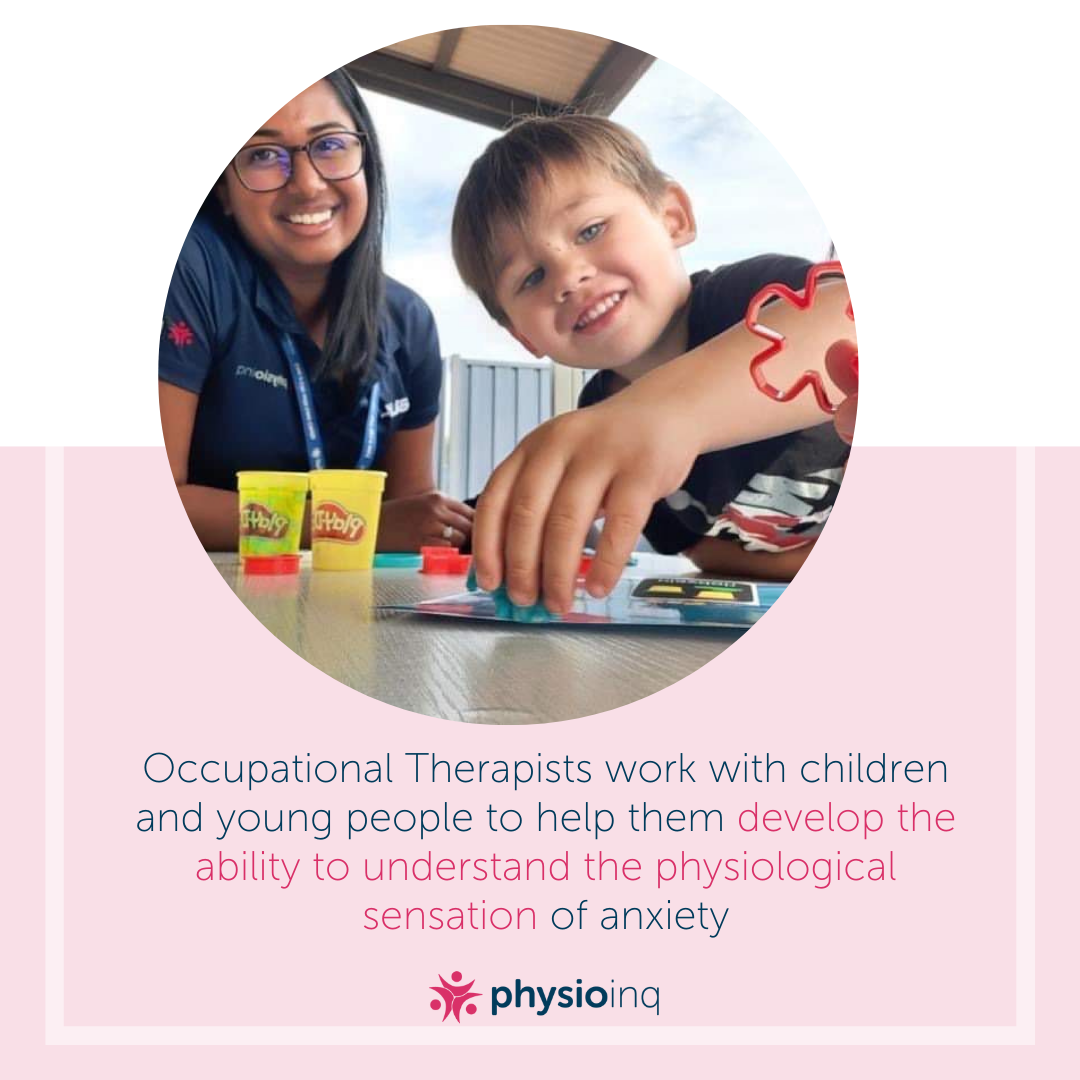
Occupational Therapy for Children with Anxiety
Did you know? 1 in 14 Australian children experience an anxiety disorder. This can present itself in similar ways to adults, but it also has its own unique struggles.
How Anxiety Affects Children
Anxiety and worry are a perfectly normal part of growing up. Many children have a fear of the dark, loud noises, or starting school.
This is what makes anxiety disorder crippling for some children. It’s often mistaken as being just normal worry or temper tantrums or ‘a phase’. Instead of receiving the proper treatment, children are stuck suffering.
Signs of anxiety in children include:
- Difficulty concentrating
- Avoiding school or activities
- Trouble sleeping or eating well
- Constant worrying about things other children usually don’t
It can be tough as a parent to know what’s normal and what’s not when it comes to children. Should they be walking by now? Are all children this grouchy? Is this an actual anxiety disorder or just normal childhood worry?
Even this is a bit confusing as not many children have great concentration or eating habits and going to bed on time is often a distant dream.
If you’re struggling to know for sure what’s healthy and what’s not, then get in touch with an occupational therapist.
How OTs Support Children
Paediatric occupational therapists can:
- Teach calming techniques through play and games
- Help children adjust to school routines and social settings
- Support parents with strategies for creating a calm, predictable home environment
- Build confidence by encouraging children to take part in activities they enjoy
If you are unsure whether your child’s worry is normal or more serious, an OT can assess and guide you through the next steps.
For more information on child mental health, visit Beyond Blue

Frequently Asked Questions (FAQs)
How do you manage anxiety in daily life?
Simple coping strategies like slow breathing, staying present, regular exercise, and better sleep routines can help. Occupational therapy provides extra tailored support when anxiety disrupts daily activities.
What is the role of an OT in anxiety management?
They help you understand triggers, develop coping strategies, and adapt daily routines so anxiety no longer controls your life.
How does an OT help with daily routines?
They work with you to make tasks more manageable, introduce calming habits, and build confidence in handling anxiety triggers.
Can anxiety affect daily activities?
Yes. Anxiety can make people avoid work, social events, hobbies, and even self-care. OTs help reduce this impact so you can stay engaged with life.

Anxiety disorders can be difficult to manage. The most important thing to remember is that you’re not alone and help is available through occupational therapists and other trained professionals.
Occupational therapy is a great tool to help with a variety of physical and mental struggles, including anxiety.
Its adaptable methods prioritise the client's goals to make sure the work they do feels meaningful and helps build a happier and healthier life. For some, this might be greater self-care and for others, it's the ability to volunteer, travel or really anything that brings joy.
Whether you are an adult facing workplace stress, a parent supporting an anxious child, or someone wanting to re-engage with social life, occupational therapy can make a real difference.
If you or a loved one are living with anxiety and want tailored support, you can refer them for an occupational therapy consultation.
Book your Occupational Therapist today!
Our occupational therapists will work with you to create a personalised plan to manage anxiety and regain a sense of calm and control in daily life

Date Published: Thursday, May 12, 2022
Locate a Paediatric Occupational Therapy
Service Near me
Get the experience & convinence you deserve to support your or a loved one's allied health needs.
Our Paediatric Occupational Therapy team are currently serving & taking appointments in the following states and regions in Australia:
Need to get into direct contact with ur Client Services team? We're all ears. Call our team directly on 1300 731 733




